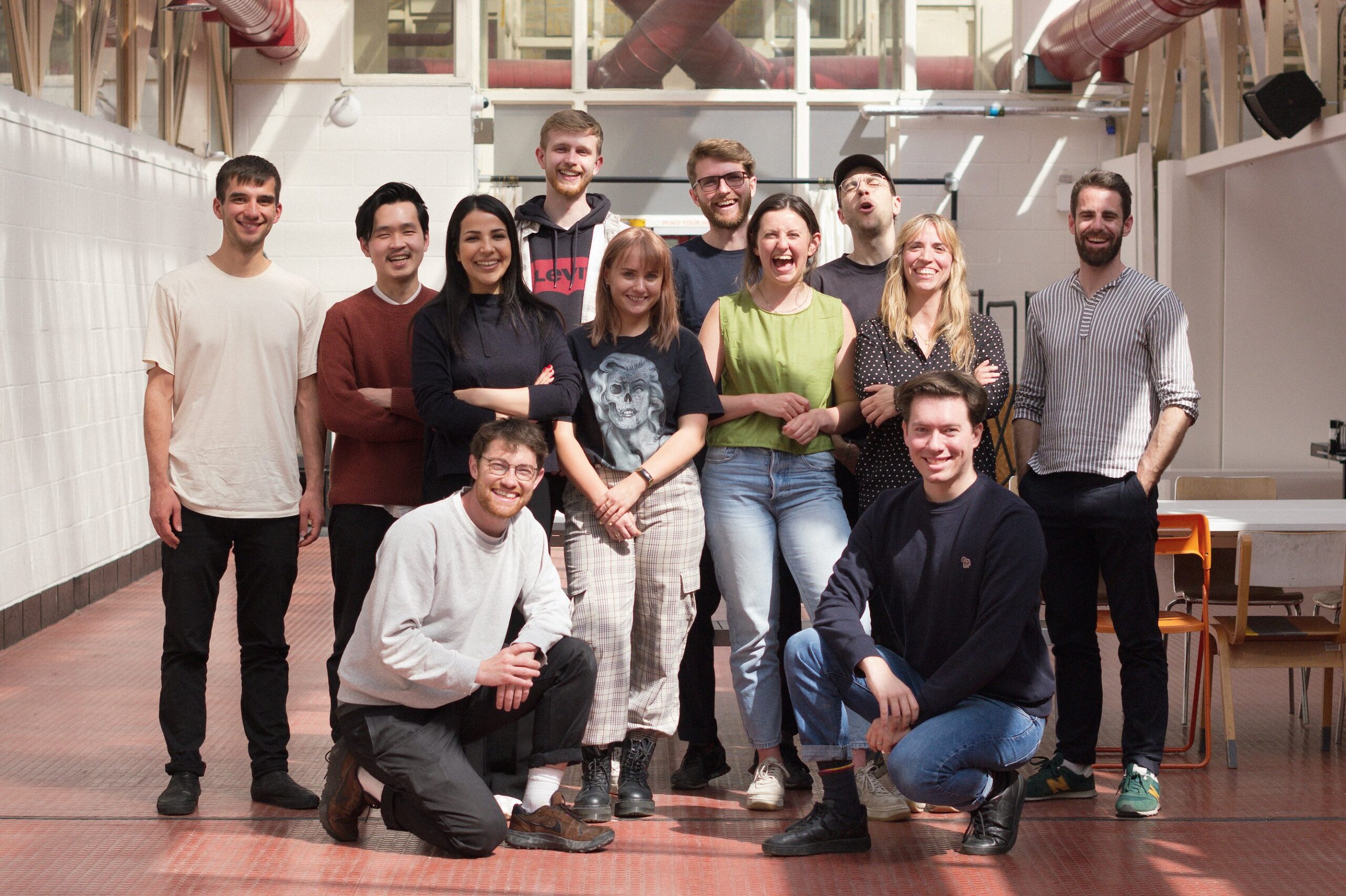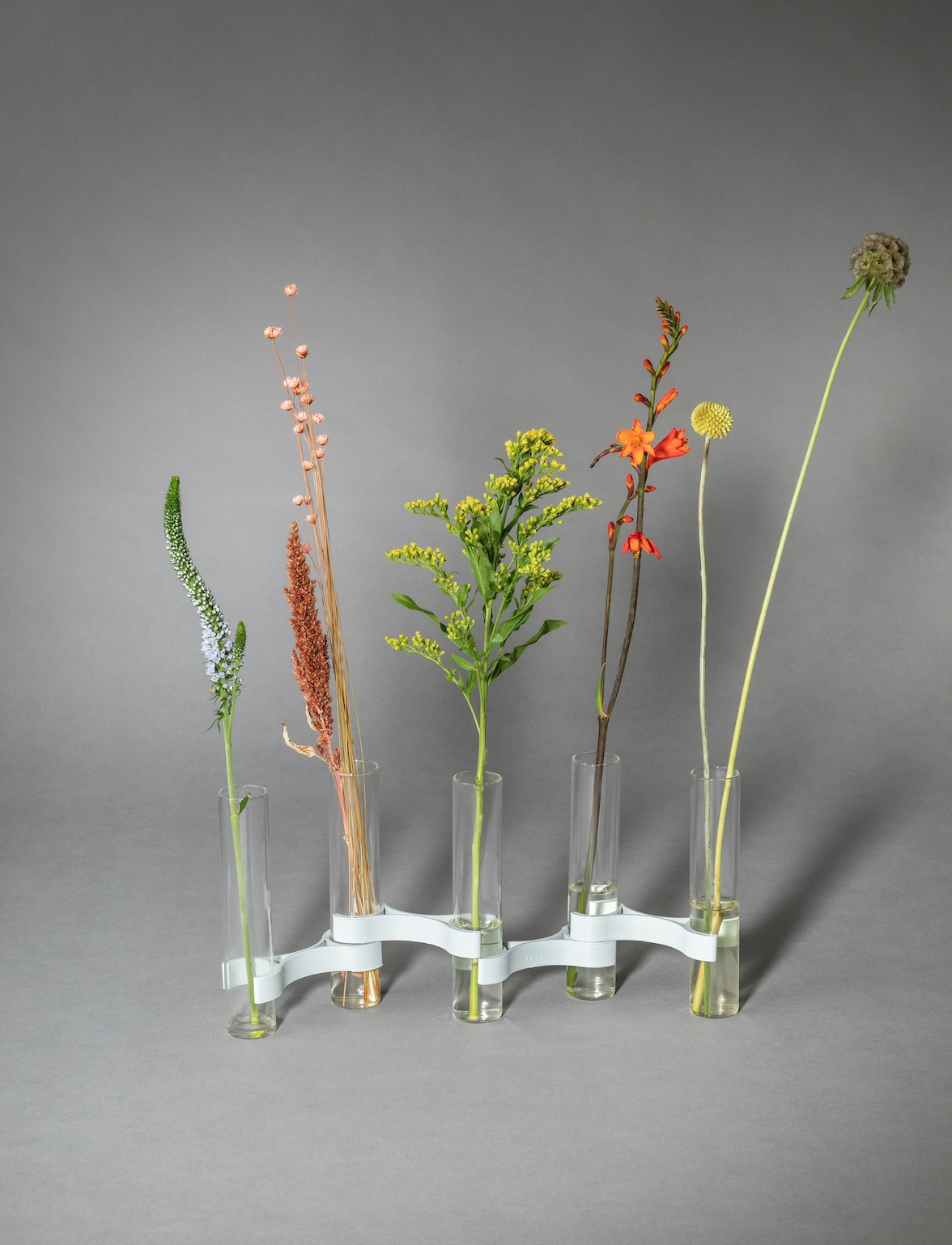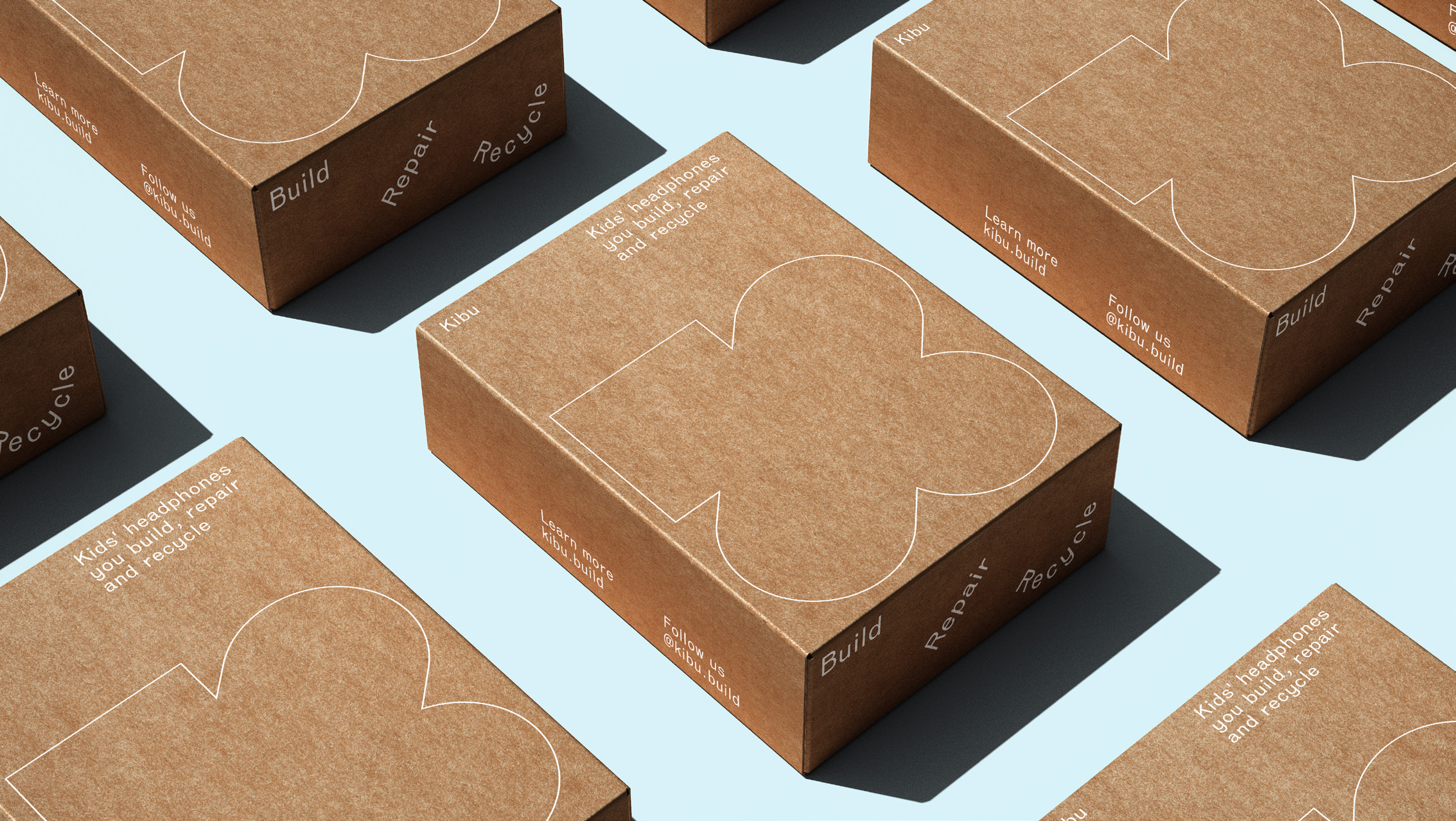To truly bring about change we must foster entirely new ideas about how products are manufactured and consumed, writes Milo Mcloughlin-Greening of Batch.Works
 Photography courtesy of Batch.Works featuring the team
Photography courtesy of Batch.Works featuring the team
Words by Milo Mcloughlin-Greening
Boxing Day sales, January sales, Black Friday, Cyber Monday – once apparently innocent opportunities to purchase worthwhile goods at a discount have evolved into shopping frenzies that have sparked a global consumerism phenomenon. This culture of overconsumption, with its severe environmental and societal consequences, requires a transformation.
At the eye of this storm of consumerism is a societal shift quietly gaining momentum and, I hope, gradually disrupting our consumption habits. To truly bring about change, we must foster entirely new ideas about how products are manufactured and consumed.
While we patiently await the world’s awakening to the need for a shift away from events like Black Friday, we can take the first steps to minimise their impact. 3D printing, distributed manufacturing and circular production methods offer a more sustainable and responsible alternative for acquiring goods.
3D printing, also known as additive manufacturing, is a process that builds three-dimensional objects layer by layer, using digital designs. While this technology has been around for more than 30 years, its enormous potential for disrupting manufacturing and retail is only just starting to be realised.
 Photography by Alex Sarginson
Photography by Alex Sarginson
The sites of conventional manufacturing are typically elsewhere – distant locations out of sight and out of mind producing goods that travel thousands of miles before arriving, as if by magic, on our doorsteps. 3D printing enables the decentralisation of production.
Without the need for costly moulds and long production lead times, printers can be efficiently distributed across different regions, enabling parts to be created close to their intended markets open from readily available waste materials.
3D printing also enables a completely new approach to how we develop and design things. If we no longer have to invest in moulds, it is possible to iteratively improve them in response to the market – a model commonplace in the agile world of software development. Distributed or decentralised manufacturing takes the idea of localised production a step further.
Although the idea that we could go back to the good old days of local craftspeople making and repairing things is a beautiful and sustainable one, it is also unrealistic. We can, however, learn from this idea, using technology to bring local production to a level that might break the centralised mass-manufacturing spell.
 Photography courtesy of Batch.Works featuring Milo Mcloughlin-Greening
Photography courtesy of Batch.Works featuring Milo Mcloughlin-Greening
Enthralled as we are to traditional supply chains, they are long, complex and deeply problematic, involving multiple intermediaries, transportation processes and tons of CO2. When Covid-19 hit, the world saw how fragile these systems actually are. Distributed manufacturing simplifies the supply chain, making it far more robust as well as creating local employment opportunities.
Circular manufacturing is the creation of products with the possibility for disassembly and recycling built in, drastically reducing waste and the need for extractivism. This is not something that can be tacked onto global manufacturing practices – to make a genuine impact, circularity must be ingrained from a product’s inception.
Circularity stands in stark contrast to the disposable, single-use products often associated with consumerism trends. Instead, it prioritises durability and repairability, resulting in longer-lasting products. Circular manufacturing is also opening up possibilities for product-as-a-service models where consumers pay for the utility of a product rather than owning it.
For instance, instead of buying a smartphone, you might subscribe to a service that ensures you have access to the latest, most sustainable device without the need for ownership or personal responsibility for disposal.
 Photography courtesy of Batch.Works featuring the studio’s Kibu headphones
Photography courtesy of Batch.Works featuring the studio’s Kibu headphones
When combined with a distributed model, circular manufacturing keeps materials close, ensuring efficient management. By creating local material loops around hubs designed for reuse, repair and recycling, we maximise a product’s value before generating waste. This is how we work at Batch.Works.
As sale days continue to dominate our calendars the way saints’ days once did, the need for sustainable alternatives becomes ever more critical. 3D printing, distributed manufacturing and circularity offer a path forward, where products are tailored to individual needs, produced locally and designed for longevity and recyclability.
While there are challenges to overcome – and much that needs improving upon – these technologies have the potential to transform our approach to consumption, reduce the environmental and societal impacts of shopping frenzies and move us towards a more responsible and sustainable future.
Read more in ICON 214: The Winter Issue. Get a curated collection of architecture and design news like this in your inbox by signing up to our ICON Weekly newsletter















